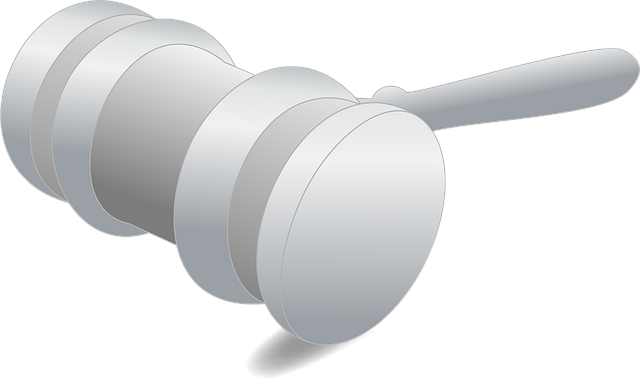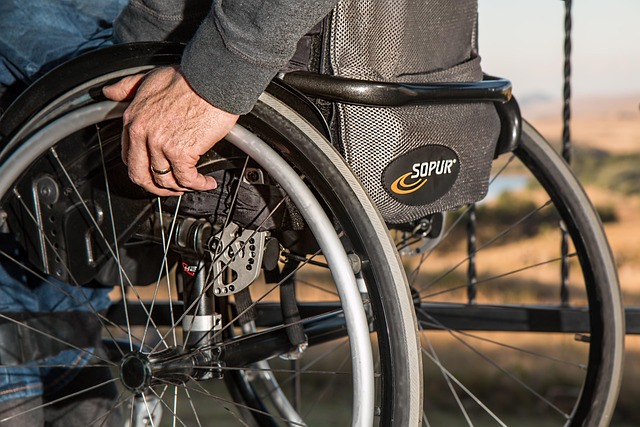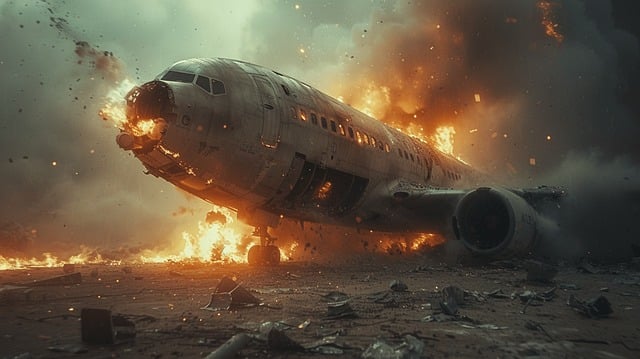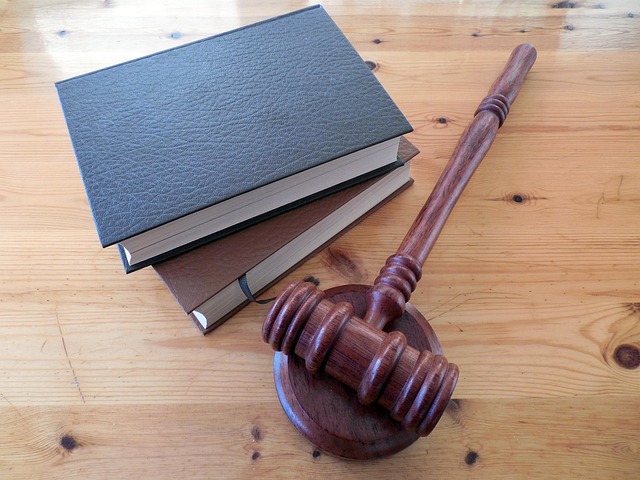Motorcycle crash injuries cause immediate physical trauma and long-term mental health challenges, including PTSD, anxiety, and depression. Survivors face emotional distress from shock, recovery stress, medical bills, and legal processes. Holistic support involving therapy, peer groups, and efficient legal management is vital for addressing both physical and psychological aspects of recovery.
Motorcycle crashes can leave both physical and mental scars. While the immediate focus is often on treating broken bones and scrapes, the long-term effects on psychological well-being are profound. This article delves into the complex relationship between motorcycle crash injuries and mental health, exploring how traumatic experiences can lead to conditions like PTSD, depression, and anxiety. We provide insights into strategies for supporting recovery, emphasizing the importance of addressing emotional well-being alongside physical healing.
- Understanding the Physical Impact of Motorcycle Crashes
- Exploring the Connection Between Crash Injuries and Mental Health
- Supporting Recovery: Addressing Emotional Well-being After a Crash
Understanding the Physical Impact of Motorcycle Crashes

Motorcycle crashes can result in a wide range of physical injuries, from broken bones and road rash to more severe trauma such as head injuries and spinal damage. These immediate and visible consequences are often the primary focus when discussing motorcycle crash injuries. However, it’s crucial to understand that the physical impact is just one aspect of what can be a multifaceted aftermath. Many survivors also face mental health challenges stemming from their experience.
The shock and trauma of a crash can lead to conditions like post-traumatic stress disorder (PTSD), anxiety, and depression. Additionally, the long road to recovery, including physical therapy sessions and medical appointments, can add emotional strain. Seeking legal representation for personal injury claims related to motorcycle crashes is an essential step for ensuring adequate insurance coverage dispute resolution. A competent personal injury attorney can help victims navigate these complex processes while they focus on their healing journey.
Exploring the Connection Between Crash Injuries and Mental Health
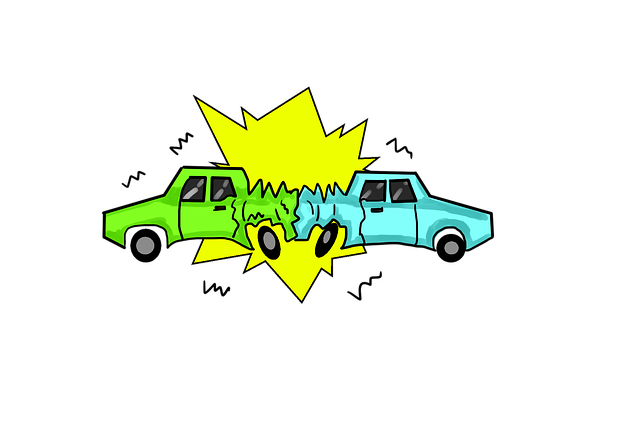
Motorcycle crash injuries can have profound physical impacts, but they often extend beyond the body. The connection between motorcycle crash injuries and mental health is a growing area of interest for researchers. Beyond the immediate physical trauma, survivors of motorcycle accidents frequently experience emotional distress, anxiety, and depression. These mental health issues can arise from the shock and fear experienced during the incident, as well as the subsequent stress of dealing with injuries, medical bills, and legal processes like personal injury claims or seeking injury compensation.
The aftermath of a motorcycle crash can create a complex web of challenges that negatively affect one’s psychological well-being. The trauma may lead to post-traumatic stress disorder (PTSD), where vivid memories and nightmares disrupt daily life. Additionally, the social stigma associated with motorcycle accidents can isolate individuals, further exacerbating their mental health struggles. Understanding this intricate relationship is crucial for providing comprehensive support to motorcycle crash survivors, including connecting them with resources for both physical and psychological recovery, and potentially involving a car accident attorney if liability is at play.
Supporting Recovery: Addressing Emotional Well-being After a Crash
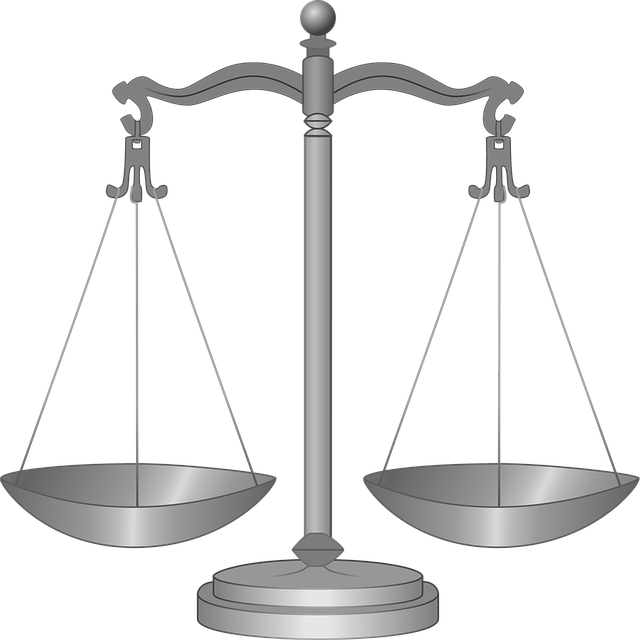
Recovering from a motorcycle crash goes beyond physical healing; it’s a journey that significantly impacts emotional well-being. The sudden change in life circumstances, often accompanied by severe injuries, can trigger or exacerbate mental health issues such as depression and anxiety. It is crucial to address these concerns alongside physical rehabilitation.
Support systems play a vital role in recovery. Encouraging victims to open up about their experiences and emotions can prevent feelings of isolation. Professional therapy, support groups for crash survivors, and even peer support from fellow riders who’ve gone through similar situations can foster healing. Additionally, legal aspects like wrongful death claims or elder law concerns, if applicable, should be managed efficiently to reduce emotional burden.
Motorcycle crash injuries can have profound effects that extend beyond physical recovery. Understanding the connection between crash trauma and mental health is crucial for comprehensive healing. By addressing emotional well-being as part of the recovery process, riders can navigate their journey back to resilience and regain control over both body and mind after a motorcycle crash injury.
